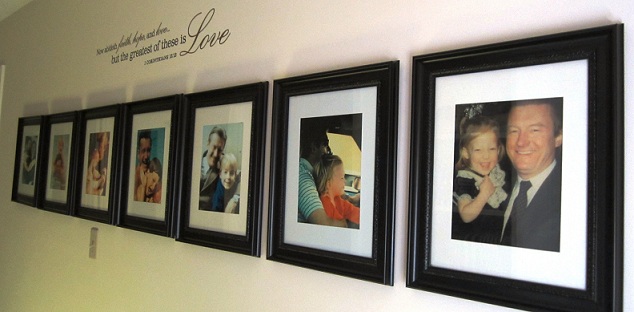 Today Birgitta and I talked about the unpredictability of a baby’s arrival and the resulting stress of not being able to plan ahead. Will labor begin this afternoon? Tomorrow? A week from now? Which calendar events will we have to cancel because we’re on our way to the hospital?
Today Birgitta and I talked about the unpredictability of a baby’s arrival and the resulting stress of not being able to plan ahead. Will labor begin this afternoon? Tomorrow? A week from now? Which calendar events will we have to cancel because we’re on our way to the hospital?
Of course those of us not anticipating a labor and delivery know similar frustrations. Although Birgitta’s situation is blatantly unpredictable, the rest of us don’t really have things under control, either. But it’s easy to fool ourselves into thinking we do. Ha ha to that.
Any single day has a thousand elements that can “wiggle” and force us from planned agendas. A potent example occurred last weekend through a phone call from a young man close to our family. Earlier that day his mother had died in her apartment as the result of a fire. This news sent him into a flurry of schedule-shuffling and has rearranged his priorities every hour since then.
Any one of us can be on top of the world one minute and in turmoil the next. All it takes is a tiny text, a quick phone call, or a brief email. Confusion and commotion could be around the next corner for any of us, and that even includes the baby that’s about to join our family.
Birgitta’s little girl will shortly be thrown into stressful turmoil of her own, just by being born. We know many of the ways her day of birth is going to be a tough one, but she has no idea. For the moment she’s resting peacefully, unencumbered by expectations or anxiety, blissfully unaware of what’s just ahead. But as labor begins and then progresses, she’ll undergo circumstances quite different from the agenda she’s followed for 9 months without interruption.
A familiar Scripture says, “We brought nothing into the world, and we can take nothing out.” (1 Timothy 6:7) We generally think that refers to physical nakedness, but it could also mean a baby arrives without bringing a care or concern, no preconceptions, misconceptions, or expectations. But can we apply that in reverse at the end of our lives when we “take nothing out?”
Actually we can. When we die, as our friend’s mother did, we don’t take our worries or health problems with us, our pain, or any other negative, including relationship struggles. So the idea “you can’t take it with you” turns out to be something good.
Can we learn anything from the truth that our lives are bookended by “nothing-in, nothing-out?” Maybe wisdom in this is to hold our plans lightly and refuse to stress when disturbing texts, calls, and emails derail us. Maybe we should trust God to use every derailment (and our responses to them) toward readying us for eternity.
And that’s the one exception to the “nothing-out” rule. Preparation for eternity? It turns out we can take that with us.
“Even the best years are filled with pain and trouble; soon they disappear, and we fly away.” (Psalm 90:10)



